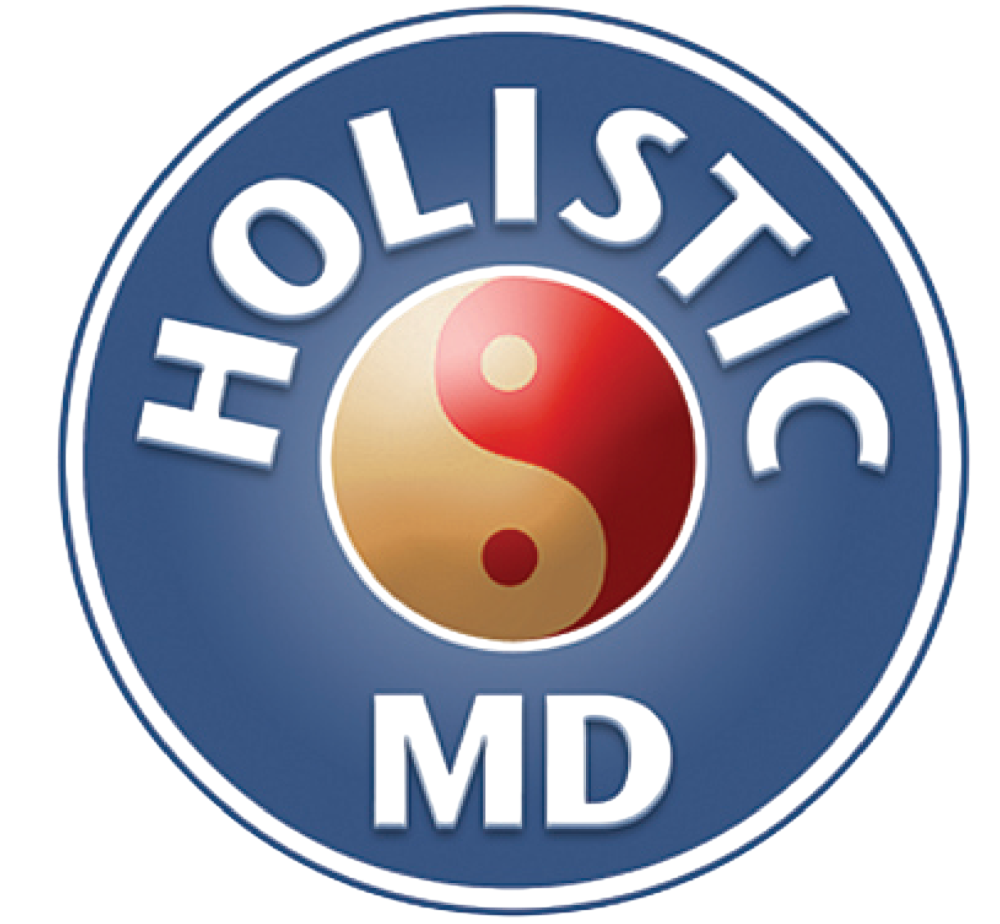Ketamine: A New Frontier in Psychiatric Healing
Aug 01, 2025
A Breakthrough Treatment for Mental Health
Ketamine, originally introduced as a general anesthetic in the 1960s, has emerged in recent years as one of the most promising treatments in modern psychiatry. While its use for mental health conditions remains “off-label,” mounting clinical evidence and patient experiences point to its powerful potential for those suffering from treatment-resistant psychiatric conditions.
Unlike conventional psychiatric medications, Ketamine is intended for short-term use, and it may help patients safely reduce or even discontinue psychotropic medications. Its rapid action and unique mechanism make it a transformative option for many.
How Does Ketamine Work?
Ketamine is a dissociative anesthetic that works primarily as an NMDA receptor antagonist, modulating the glutamate system. This sets off a cascade of changes in the brain associated with:
- Enhanced neuroplasticity
- Disruption of rigid negative thought loops
- Resetting dysfunctional mood circuits
- Reduced inflammation and enhanced connectivity
Ketamine also interacts with the opioid and GABA systems, adding to its complex and distinctive therapeutic profile. It is the only legally available psychedelic in the U.S., offering access to transformative states of consciousness in a controlled medical setting.
Methods of Administration
Ketamine can be administered in several ways:
- Intravenous (IV) – in specialized clinics (quite expensive)
- Intramuscular (IM) – commonly used in office-based settings
- Sublingual (SL) – lozenges for in-office or take-home use
- Intranasal – as Spravato® (S-Ketamine) – it is very expensive, but covered by some insurances.
- Oral and rectal – less common, case-specific use
The effectiveness of treatment depends not only on the route of administration, but also on the set (mindset), setting (environment), dosage, and how well the experience is integrated with therapy. Unfortunately, in most clinics psychotherapeutic component is not part of Ketamine therapy.
Who Can Benefit from Ketamine Therapy?
Though not FDA-approved for psychiatric use (except in the form of Spravato®), Ketamine is currently being used to address a wide range of conditions, including:
Common Indications
- Treatment-resistant depression
- PTSD (Post-Traumatic Stress Disorder)
- Suicidality
- Anxiety disorders
- Bipolar depression
- OCD (Obsessive-Compulsive Disorder)
Emerging and Investigational Uses
- Eating disorders (anorexia, bulimia)
- Substance use and alcohol dependency
- Personality disorders
- Schizoaffective disorder
- Adjustment disorders and acute stress reactions
- Complicated grief and unresolved bereavement
- Emotional suffering from chronic illness (Lyme, cancer, CFS, fibromyalgia)
- Alternative to maintenance ECT
Why the Surge in Ketamine Clinics?
Decades of overpromising and underdelivering by standard psychiatric medications have left many patients disillusioned. Remission rates are low, and side effects from polypharmacy are often debilitating.
In response, Ketamine clinics have proliferated, offering an innovative, fast-acting treatment alternative. Most are run by anesthesiologists using high-dose IV protocols, often with minimal integration support. While these clinics meet a need, they vary widely in their approach—and not all prioritize psychological processing or long-term healing.
What Makes Our Approach Unique
At our office, Ketamine is not just another service—it is integrated within a broader, holistic framework for mental health recovery.
We specialize in helping patients who have not responded to conventional psychiatric treatments. We offer a wide range of diagnostic and treatment tools, including specialized psychotherapy, supplements, nutritional support, EMDR, advanced muscle testing, self-healing techniques and more.
What Is Ketamine-Assisted Psychotherapy (KAP)?
KAP is a powerful fusion of medicine and therapy, developed by pioneers like Dr. Phil Wolfson. It utilizes the dissociative and psychedelic properties of ketamine to access deeper emotional material and promote rapid psychological shifts.
During a KAP session:
- The patient is monitored throughout by a trained therapist
- The dissociative state enhances introspection and facilitates emotional release
- The therapist helps the patient navigate, process, and integrate the experience
- Profound changes can occur in a safe and compassionate setting
What to Expect in a Ketamine Session
Every session is unique, but certain elements remain constant:
- Preparation: Psychological, physical, and logistical readiness are reviewed
- Dosing: Tailored to your sensitivity, goals, and treatment stage
- Experience: May include altered sensory perception, deep emotional insight, or a mystical state
- Side effects: Possible nausea, light sensitivity, mild confusion, blood pressure elevation
- Aftercare: No driving or major activities until the following day
Is Ketamine Safe?
Yes—for most people, Ketamine is very safe when administered responsibly. It has been used globally for over 50 years in medical and surgical settings. In KAP, the doses are much lower than those used for anesthesia.
Potential Side Effects
- Nausea or vomiting
- Dizziness or lightheadedness
- Increased blood pressure or intracranial pressure
- Sedation, unsteadiness, or disorientation
- Light sensitivity
Addiction risk is very low in controlled, supervised use. We carefully monitor dosage and frequency to ensure safety. Long-term use in high, recreational doses has been linked to bladder toxicity, but this is rarely a concern in therapeutic contexts.
Who Should Not Use Ketamine?
Ketamine is contraindicated in individuals with:
- Pregnancy or breastfeeding
- Cerebral aneurysms or increased intracranial pressure
- Uncontrolled high blood pressure
- Narrow-angle glaucoma
Patients with serious medical issues should consult their primary physician before starting treatment.
Home-Based Ketamine Use
For most patients, sublingual Ketamine may be used at home as part of an extended treatment plan. This allows for:
- Lower cost
- Greater flexibility
- More frequent therapeutic sessions
Patients are given instructions for set, setting, and post-session integration (e.g., journaling, follow-up therapy). All take-home doses are prescribed and supervised by Dr. Gurevich.
How Soon Will I Get Better?
Studies show that 50–70% of treatment-resistant patients respond favorably to Ketamine—some within just a few sessions. Others may require more time.
Many patients report a decrease or elimination of psychotropic medications after successful Ketamine therapy. We provide guidance and supervision for safe medication tapering if appropriate.
Can I Continue Seeing My Therapist or Psychiatrist?
Absolutely. Ketamine is a powerful adjunct, not a replacement for long-term care. We encourage collaboration with your existing providers and will communicate with them to ensure continuity and support.
Spravato vs. Ketamine: What’s the Difference?
Spravato® is a patented version of S-Ketamine (one enantiomer of Ketamine) approved by the FDA for treatment-resistant depression. However:
- It must be administered in-office under strict supervision
- Requires 2–3 hour visits, 2–3 times per week
- Insurance coverage is limited
- Head-to-head comparisons with racemic (common) Ketamine are lacking, but few available studies do not show much difference in effectiveness.
We offer both options and will help determine which is best for your needs.
Are There Alternatives to Ketamine?
For many patients with resistant conditions, standard medications and procedures—like ECT or TMS—offer only limited or temporary benefit.
We offer integrative alternatives, including:
- Neural Therapy
- Nutritional and metabolic support
- Herbal supplementation
- GI and immune system evaluation
- Mind-body psychotherapy
- Medications management, if needed
Healing becomes possible when we address root causes, not just symptoms.
Start Your Healing Journey Today
If you're struggling with depression, trauma, or emotional pain that hasn't responded to standard care, Ketamine may offer the breakthrough you’ve been seeking.
📞 Call us at: 516-674-9489
📧 Email: [email protected]
We’re here to help you find hope, relief, and lasting change—safely and compassionately.

